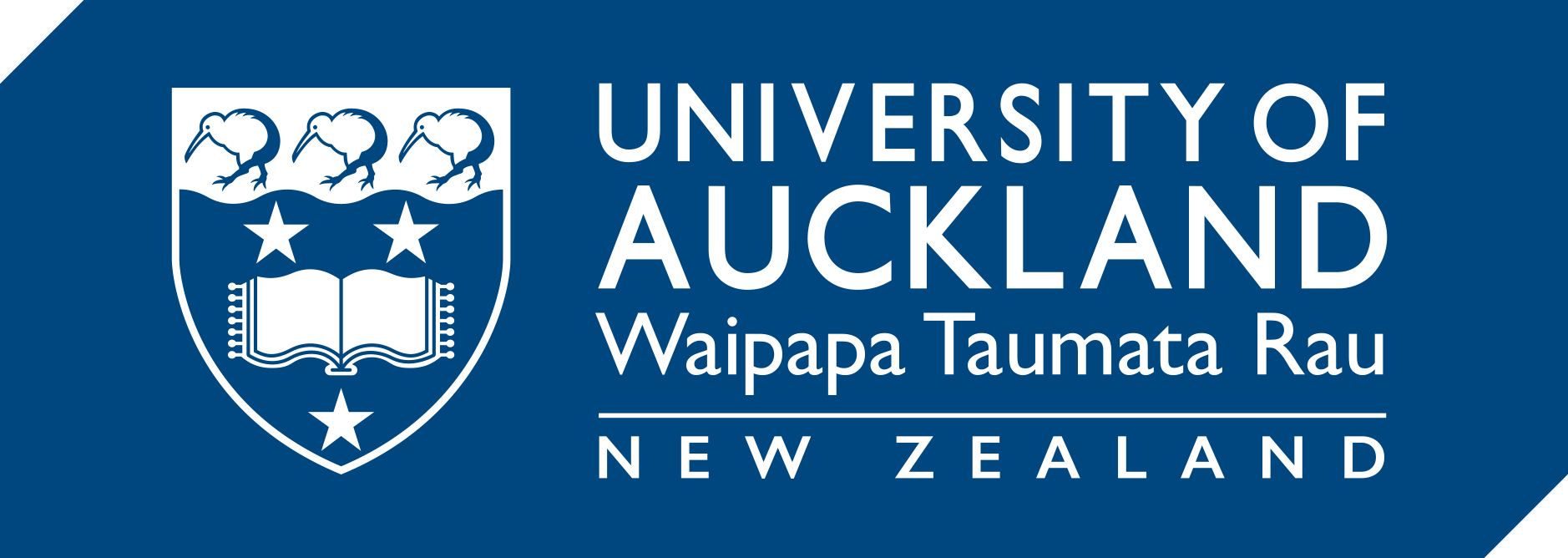PhD Scholarships Available
Come and learn with us!
The Center for Automation and Robotics Engineering Sciences (CARES) is looking for highly motivated and talented people for postgraduate study in robotics.
DOCTORAL SCHOLARSHIPS IN SOCIAL ROBOTICS
Waipapa Taumata Rau, the University of Auckland is Aotearoa New Zealand’s largest and most comprehensive research-led University, offering a globally recognised PhD. Candidates will undertake independent and original research, supervised by academic experts and research leaders.
Our robotics laboratory is well known for robotics software development, including tools and systems. Centre for Automation and Robotic Engineering Science (CARES) is undertaking research in a number of large funded projects including in social robotics.
The aim of this interdisciplinary and international project is to develop a reaction generation method that makes a facial expression, body gesture, dialogue, and movement of robot. We use multi-robot platforms for this project, i.e. EveR4, an anthropomorphous robot head, Silbot, a mobile humanoid robot, and NAO, a small bipedal humanoid robot, as a robot receptionist and a care robot. For this, we develop a motion generation method to convert the human motions to the specific robot motions. The student would review state-of-the-art (which is still in a developing and unclear state) technical papers regarding to the above methods.
We are now looking for a talented individual to pursue a funded PhD with us.
Entry requirements
- Applicants should have a high quality first degree in Electrical, Electronic, Computer, Software, Mechatronics, or Mechanical Engineering, or Computer Science
- Strong practical ability in machine vision, algorithm and software development, and advanced programming skills especially in C/C++
- Knowledge of ROS, OpenCV, Deep Neural Network, machine learning, and modern software engineering practice are desirable
- Excellent communication skills, ability to work in a team and meet project deadlines is essential
We look forward to receiving your application (cover letter, CV, evidence of qualifications and references), by e-mail to: Dr Ho Seok Ahn hs.ahn@auckland.ac.nz
POSTGRADUATE TOPICS AVAILABLE
The following topics are available for postgraduate study. Unless mentioned postgraduate candidates need high grades in order to achieve a scholarship to cover living expenses and fees.
Dementia assistance robot design: Help in a larger project to understand the requirements for a robot to help people with dementia, to define scenarios for a dementia care robot, to implement and evaluate the scenarios. PhD (could be in robotics, healthcare, health psychology).
Orchard pollination and harvesting simulation: Create a simulation of robotic devices and orchards for kiwifruit operations (spraying pollen, harvesting fruit). ME, PhD
A vision based arm controller for a light pneumatic arm: less expensive control using on/off valves, miniature portable air source, improved vision based control, addition of a gripper. ME, PhD (if extended Use model generation software from our partners in Germany, for generating Java based applications for robots. ME, PhD
Context Awareness System for Healthcare Assistance Robot: Introduce context awareness to our Healthcare assistance robot that helps people take medicine, measure vital signs, talk with family members or friends, and enjoy entertainment services. ME, PhD
Emotion reaction system for robot assistants: Develop a reaction generation method that makes a facial expression, body gesture, dialogue, and movement of robot. ME, PhD
Mobile service robots must be customizable when in use, by end users, and others involved in deploying the robots. A number of projects are available. ME, PhD
Vital signs measurement platform for a healthcare robot: Create a sensor manager system for vital signs measurement devices for a healthcare robot. ME, PhD (if extended to decision making)
Machine vision for verifying medication taking: Extend our current system for using 3D vision data to recognize gesture sequences for taking medication, to verify the medication has been properly taken. ME, PhD
Robogen II: healthcare robotics server for big data analysis and streaming services: For enhancing our healthcare data analysis and management of people’s health. Including machine learning and data mining, and activity data analysis. ME, PhD
Social robot companion using our human-like EveR-4 robot: Create software for our new human-like robot head EveR-4, to be a companion for people, for example a receptionist robot. ME, PhD
CONTACT
Please email your CV, transcripts and covering letter to Professor Bruce MacDonald, b.macdonald@auckland.ac.nz or Dr Ho Seok Ahn, hs.ahn@auckland.ac.nz.
Learn more about postgraduate study options at Waipapa Taumata Rau, the University of Auckland
